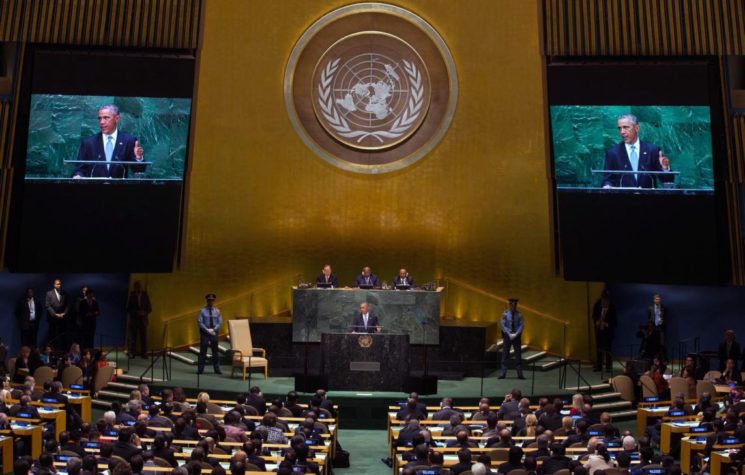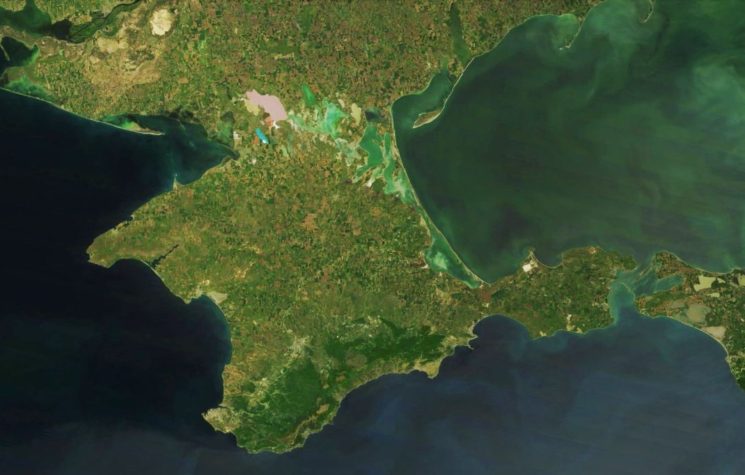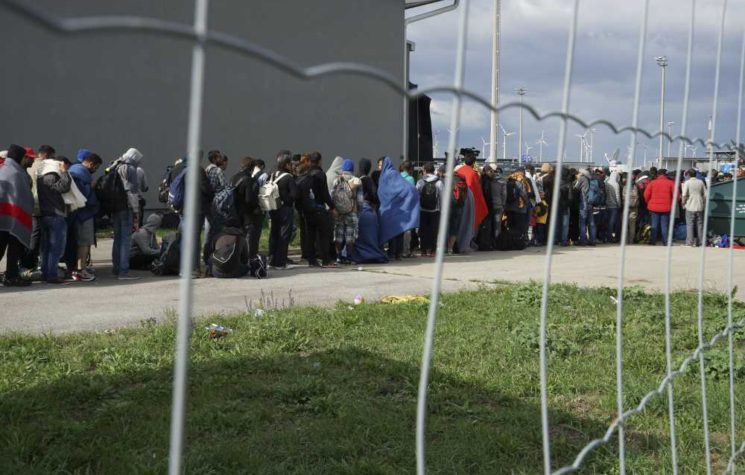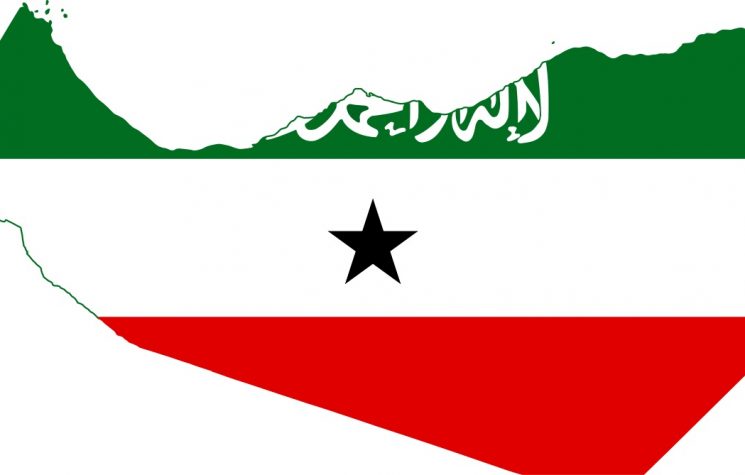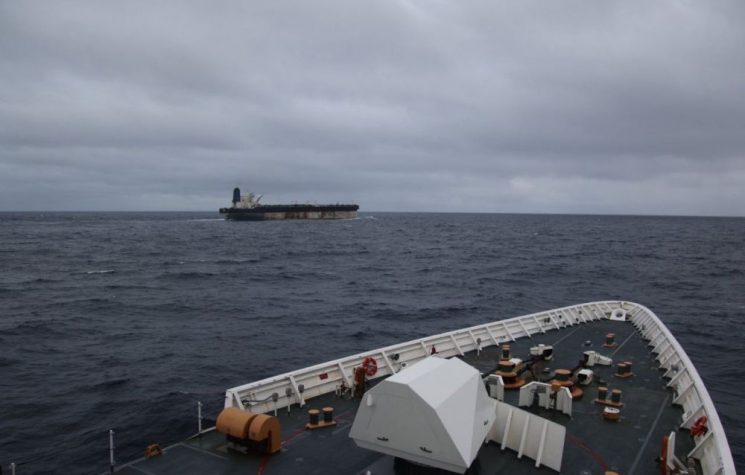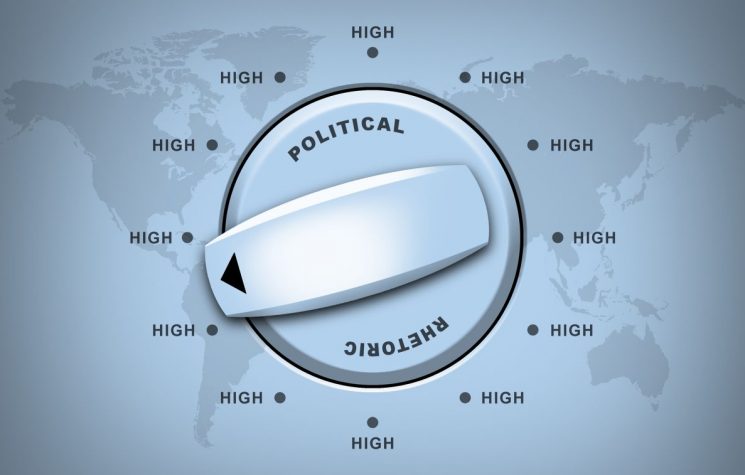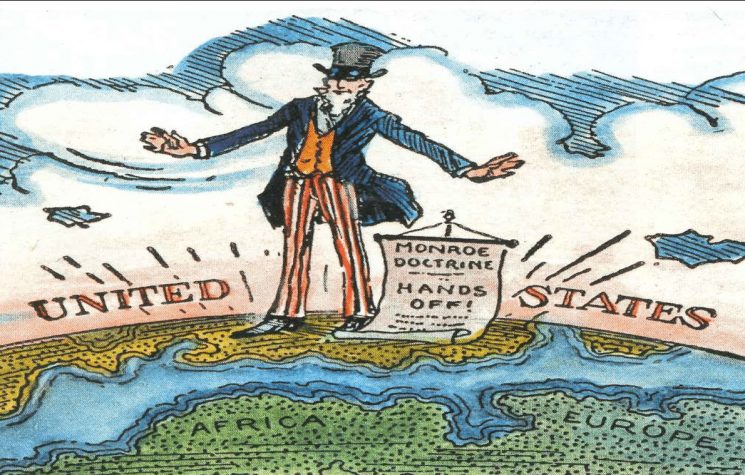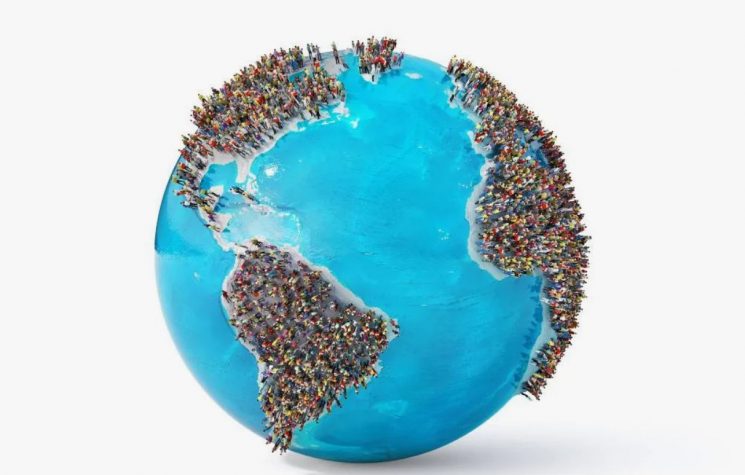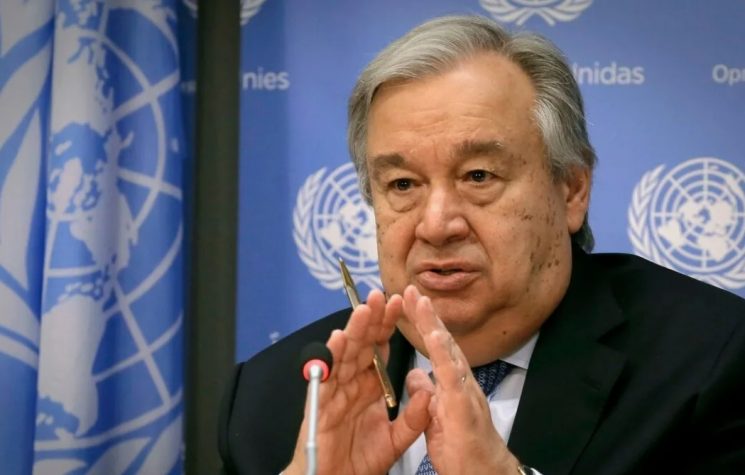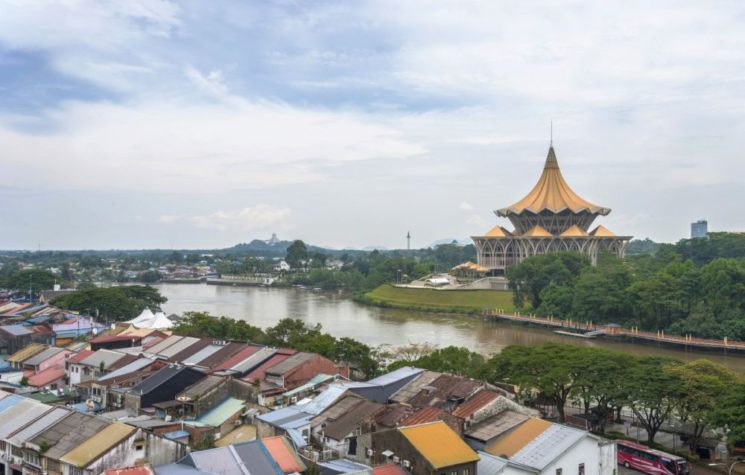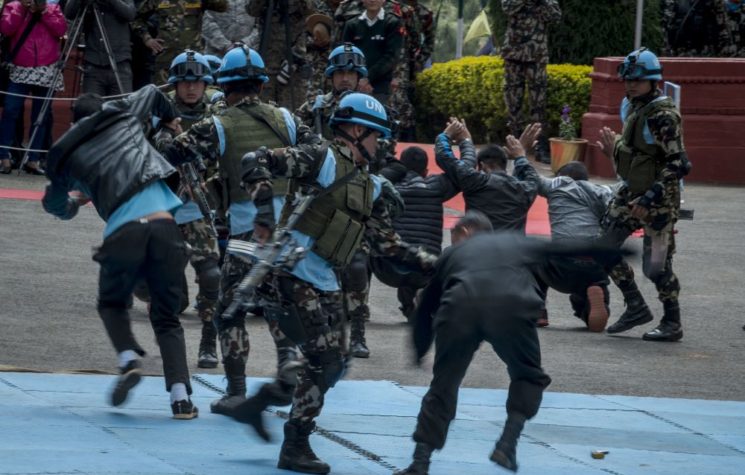One of the renovations of the United Nations headquarters in New York commissioned by then-Secretary General Ban Ki-moon was the replacement of the iconic plastic country name plates used for decades in the General Assembly with digital displays.
Although the old-school name plates continue to be used in the 15-member Security Council and other specialized agencies of the world body, for example, the World Health Assembly in Geneva and UNESCO in Paris, a few keystrokes can now eliminate a member of the General Assembly. Of course, such an action takes the agreement of the Security Council but considering the number of UN member states that have disappeared entirely or have undergone name changes since 1945, the process has been made much easier by digitization.
Somewhere in a dimly-lit storage room at the UN lies the discarded name plates of Yugoslavia, Tanganyika, the Ukrainian SSR, Byelorussian SSR, Czechoslovakia, Union of Soviet Socialist Republics, the United Arab Republic, Ceylon, German Democratic Republic, Zaire, Upper Volta, Democratic Yemen, Libyan Arab Jamahiriya, Federation of Malaya, Ivory Coast, Central African Empire, Dahomey, Laos, Malagasy Republic, Democratic Kampuchea, Union of South Africa, and Zanzibar. More recently added to the dusty collection of name plates were Swaziland and the Former Yugoslav Republic of Macedonia (F.Y.R.O.M).
According to informed sources in Sikkim, invaded by and absorbed into India in the early 1970s, there was a name plate crafted for the country at the UN before the Indian invasion. It was believed Sikkim would soon be joining, with the support of neighboring Nepal and Bhutan, as either a full member or observer state. The public may never no how many other aspirant but still-born nations were ready to be accepted into the UN as members. On June 26, 1960, the colony of British Somaliland briefly became the independent “State of Somaliland” and was recognized by 35 nations, many of them UN members. On July 1, 1960, Somaliland merged with the newly independent former Trust Territory of Somalia to form the Somali Republic. In 1991, Somaliland re-declared its independence, but it received no recognition from any other state and its request to join the UN was rejected. In 1963, the UN was also prepared to accept Sarawak and Sabah as member states had a UN-sponsored survey determined that the two former British colonies did not want to join the Federation of Malaysia.
The UN currently has 193 member states. However, when the drastic effects of climate change are taken into consideration, several of these states, threatened by rising sea levels and total desertification may end up as discarded members of the UN, not because of political changes but due to the rapidly altering environment, turning them into “failed” or “extinct” states.
Four UN member states, Tuvalu, Kiribati, the Marshall Islands, and Maldives, face inundation by the sea of current global temperature increases remain unabated. How will international law deal with countries that no longer qualify under international law – codified by the Montevideo Convention – as states? The Montevideo Convention defines the following minimum requirements for statehood: a permanent population, a defined territory, a government, and the capacity to enter into relations with the other states. If Tuvalu, Kiribati, the Marshall Islands, and Maldives sink below the ocean, do they remain qualified to be members of the UNJ and other international bodies? According to the Montevideo Convention, without territory and a permanent population, these nations would be “key-stroked” from the United Nations. Possibly, they could only remain as member states if their populations were moved to another defined parcel of land having well-defined independence from whatever country ceded to them governable territory.
One example of a sovereign entity lacking territory and population is the Sovereign Military Order of Malta, a Roman Catholic religious order that occupies a palace and villa in Rome. In 1798, the order was expelled by the French from its home in Malta. The order has diplomatic relations with 108 states and issues its own passports, license plates, stamps, and coins. Although the order lost its territory in Malta in 1798, a requirement for statehood under the Montevideo Convention, it enjoys official observer status at the United Nations and it participates in the annual plenary session of the UN General Assembly.
The entire Tuvalu chain in the Pacific Ocean rises to no more than 15 feet above sea level. Rising sea levels, disastrous tides, and storms have inundated arable land and threatened natural supplies of fresh water. There have been proposals to move the nation’s 10,000 people to another more environmentally secure location. Tuvalu is definitely in extremis. If the airstrip of Funafuti International Airport is washed away, Tuvalu will lose an important commercial lifeline to the rest of the world. One small island, in the atoll of Nukufetau, has already disappeared under the waves and others are in imminent peril. Some 2000 Tuvaluans have migrated to New Zealand, where there have been some proposals to carve out a Tuvaluan enclave that cold accept the remainder of Tuvalu’s population as climate refugees. However, as in other countries, New Zealand has an anti-immigration political grouping, composed of both white Europeans and native Maoris, that oppose any welcoming mat for displaced islanders from Tuvalu, Kiribati, and other endangered island states in the Pacific.
In May 2019, UN Secretary General António Guterres, standing alongside Tuvalu Prime Minister Enele Sosene Sopoaga at a press conference in Funafuti, called for international action to save Tuvalu. In the face of outright climate science denial from Donald Trump, Brazil’s Jair Bosolaro, and other antediluvian policy makers, Guterres and Tuvalu have an uphill climb. With total ignorance of the current climate change crisis by the Trump administration, Guterres might do better to amend international law and the UN Charter to mitigate the effects of climate change for Tuvalu and other endangered member states. One solution might be to eliminate the territorial requirements required for statehood and, thus, UN membership, which would permit countries like Tuvalu to survive as “virtual” states even if its territory is inundated by rising sea levels.
Other endangered nations have higher populations to consider if they become submerged. Plans for virtual continuation of statehood would have consider the 100,000 people of Kiribati. As with Tuvalu, arable farming land in Kiribati is being affected by the inundation of sea water, particularly on islands like Abaiang and Anterea. Some Australian right-wing politicians have actually made jokes about water lapping at the doors of citizens of South Pacific island nations. Island political leaders find no humor in their jokes as their very survival as nations and peoples hangs in the balance.
The construction of sea walls and reclamation of land from the sea, which has been practiced in the Netherlands and the United Arab Emirates, may be too little and too late in the Marshall Islands. In any event, there are proposals to consolidate the 55,000 Marshallese into a few protected islands and abandon others to the sea. This, of course, will tear many Marshallese from their ancestral islands, some of which were previously ravaged by US nuclear weapons testing after World War II.
In the Indian Ocean, the 1,192 islands of the Maldives lie, for the most part, at no more than 3.3 feet above seal level. That makes Maldives the absolute flattest nation on the planet. Only 358 islands in the Maldives are populated, with most living in the capital city of Malé on North Malé Atoll. In 2008, Maldives President Mohamed Nasheed suggested the establishment of a Maldives sovereign wealth fund, enriched by tourism taxes, to purchase a new homeland for the 380,000 people of the vast island chain. Nasheed’s suggestion was one of relatively few advanced by the leaders of endangered island states. The creation of new homelands for entire countries due to climate change cannot be adequately addressed by current international law. But action is urgently required to deal with this scenario on both the environmental and legal fronts.








